Each spring, our customers' paved areas reveal what a winter's worth of salt, plowing, snow and ice has done to the surface. It's important to understand how these all can affect your paved surfaces:
ICE
Melting, freezing, melting and re-freezing: this is what ice does all winter long, and the constant expanding and contracting slowly weakens paved surfaces. Select types of ashpalt are actually engineered to withstand constant freezing and thawing tempertures and we highly recomment using those here in New England.
SNOW PLOWS
All winter long, plows make sure that paved surfaces are safe to drive and walk on, but this comes at a price to the surfact. The constant scraping really decreases the life expectancy of paved surfaces. Our plow operators set the plow blades just high enough to avoid damaging the surface as much as possible, but still clear off ice and snow. Many municipcal plows do the same. Each Spring we do recommend coming out to do a free estimate on any repairs your paved surface may need, which may be as simple as a seal coating, or could require major patching and repairs.
MELTING SNOW
Have you ever noticed heat radiating off of a roadway in the summertime? Black surfaces absorb the sun's rays and therefore emit a lot of heat, even in the middle of winter! This helps speed up the melting process, which is of course great news. The bad news, however, is that sometimes this rapid melting causes water to pool on traditional paved surfaces. The use of porous asphalt is beneficial to the environment and more sustainable than non-porous surfaces, and also allows water to naturally drain into the soil and water table instead of pooling on the surface or creating flooding issues on the sides of roads.
No matter what issues you have potentially uncovered this spring, we are here to assist you with anything from basic maintenance to major repairs. Call us today at 401-825-6961 for your free estimate.

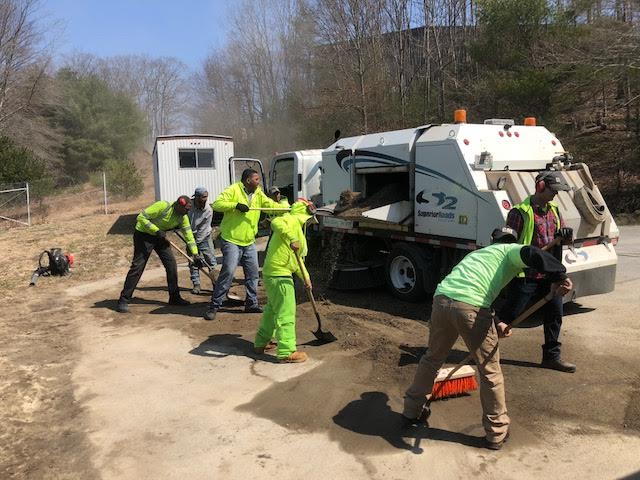
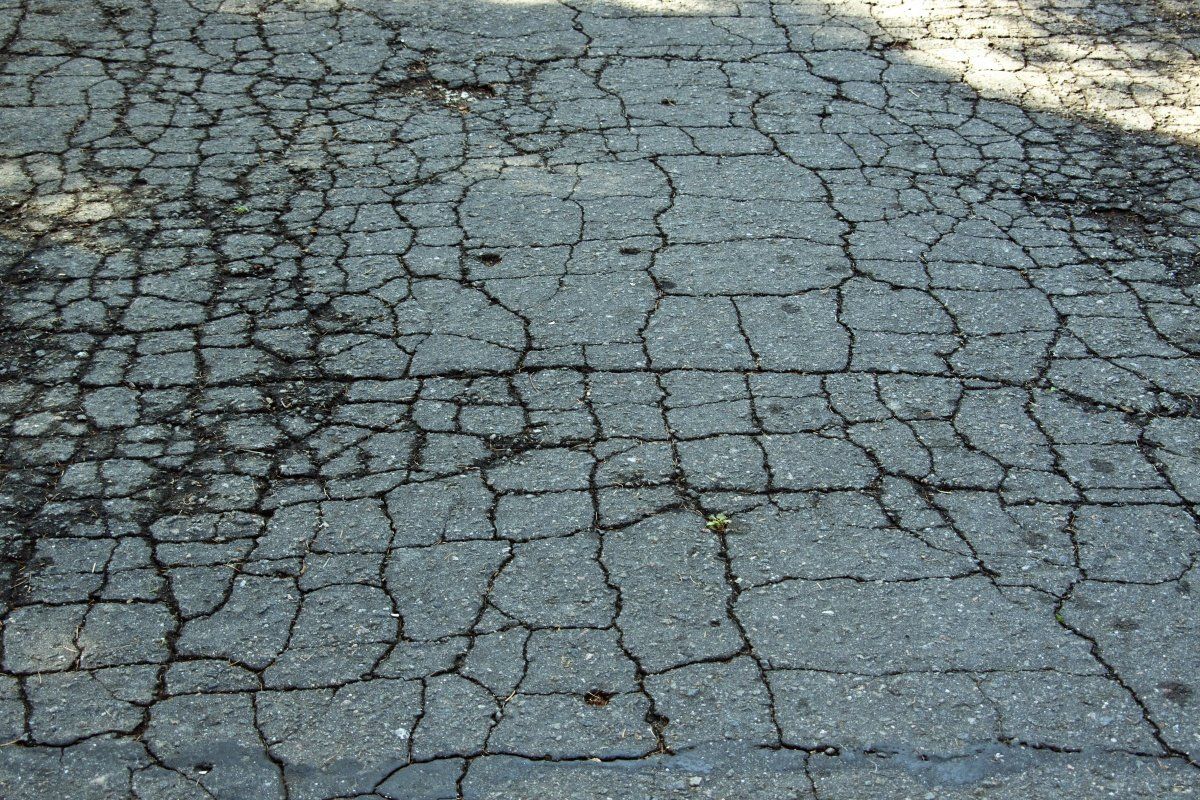
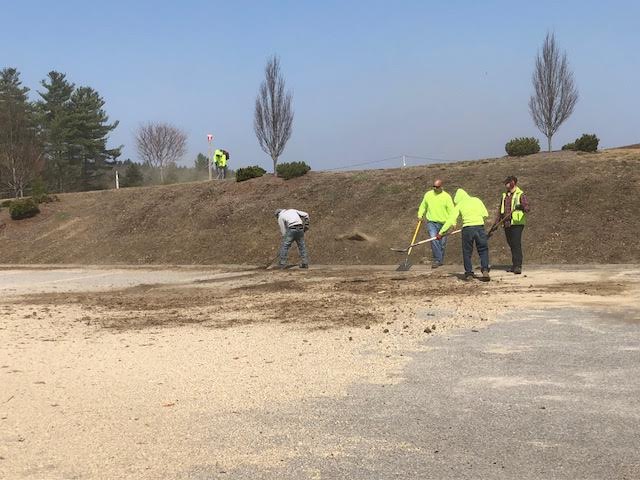
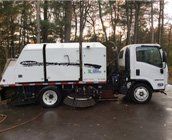
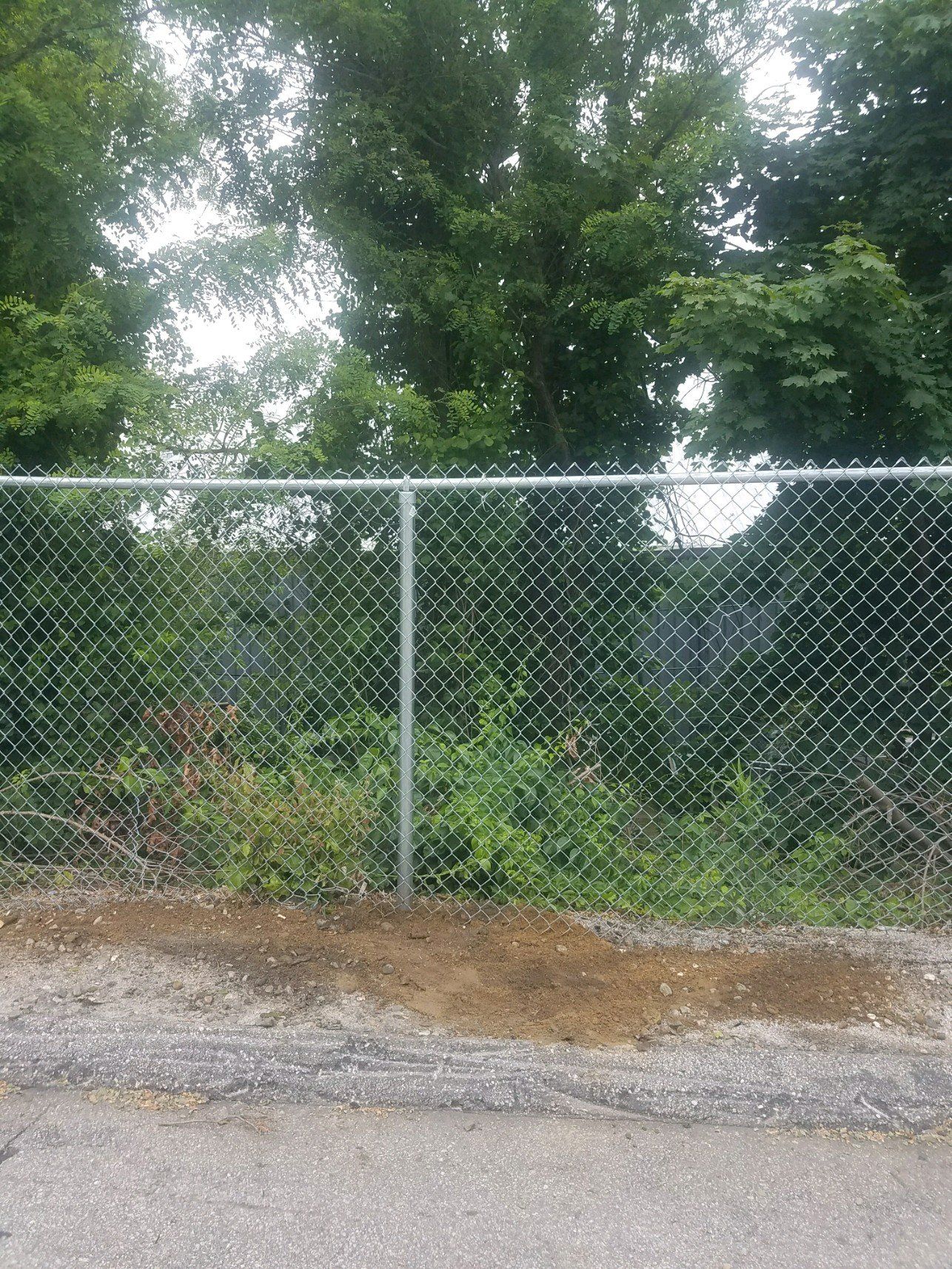
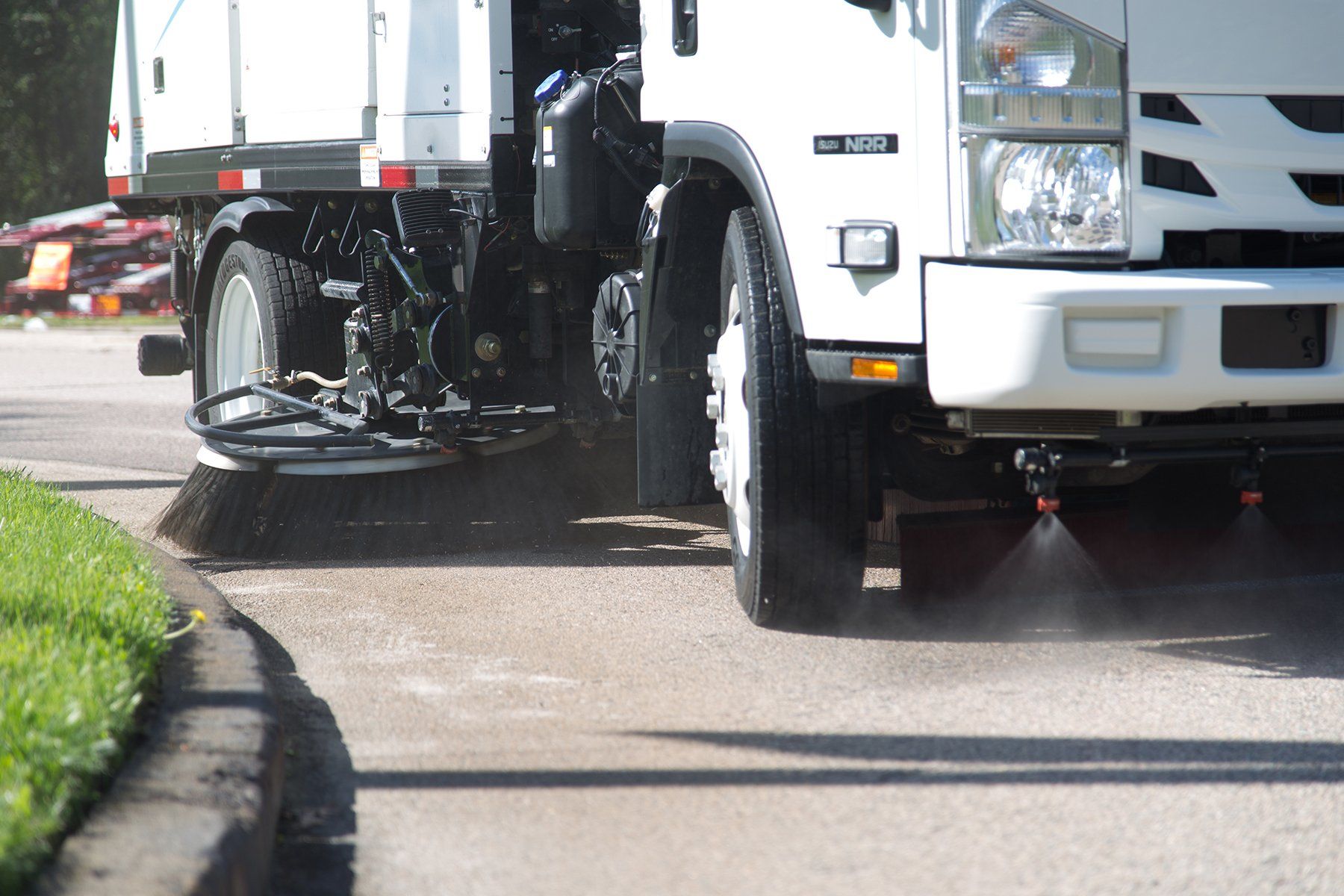
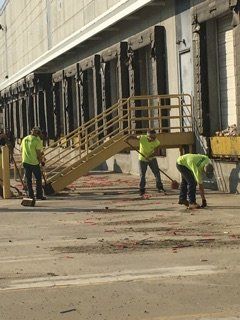

Share On: